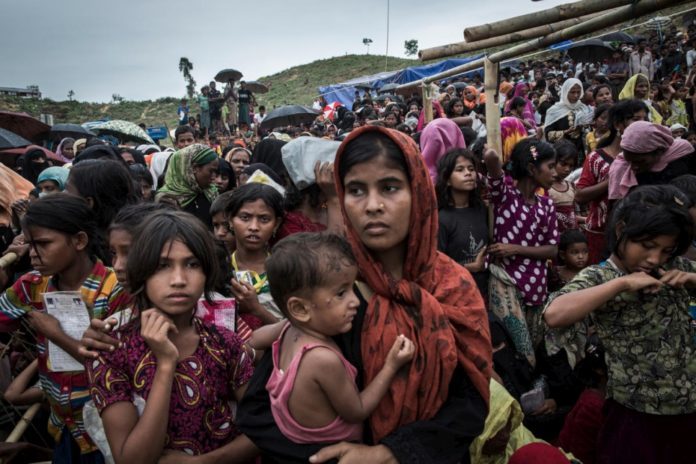DHAKA, Feb 15, 2020 (BSS) – Permanent Representative of Bangladesh to the
United Nations (UN) Ambassador Rabab Fatima said ensuring justice and
accountability for the Rohingya population is an important precondition for
their safe return.
“Ensuring justice and accountability for the Rohingya population is an
important precondition for their safe, dignified and voluntary return to
Rakhine State and eventual societal reconciliation,” she said.
She was addressing the Security Council Open debate on “Peace-building and
sustaining peace: transitional justice in conflict and post-conflict
situation” on February 13, according to a UN press release received here
today.
The Open Debate was organized by Belgium as the President of the Security
Council for the month of February, 2020, the release added.
Highlighting on the importance of internationally recognized criminal
justice mechanisms in ensuring justice for countries coming out of conflict,
she welcomed the groundbreaking decision of the International Criminal Court
about ensuring accountability of the egregious human rights violations and
atrocity crimes by Myanmar against its Rohingya population.
She also exemplified the ICJ’s order of January 23, 2020 as a momentous
development in this regard.
In reiterating Bangladesh’s commitment to the Security Council’s Women
Peace and Security (WPS), and Youth, Peace, and Security (YPS) agenda, Rabab
Fatima said, “We remain committed to supporting multi-pronged efforts of the
UN to prevent and ensure accountability for violence against women and
children during armed conflicts”.
She also underscored Bangladesh’s contribution to the UN’s peacekeeping
operations as major troop and police contributing country in many conflicts
affected parts of the world.
About post-conflict context, she said it is critically important to address
impunity, ensure accountability and break the cycles of conflicts and
atrocities of the past”.
In this regard, she emphasized the importance of preventing a sense of
inequality, discrimination, exclusion, and other root causes of violence and
conflict in a society.



